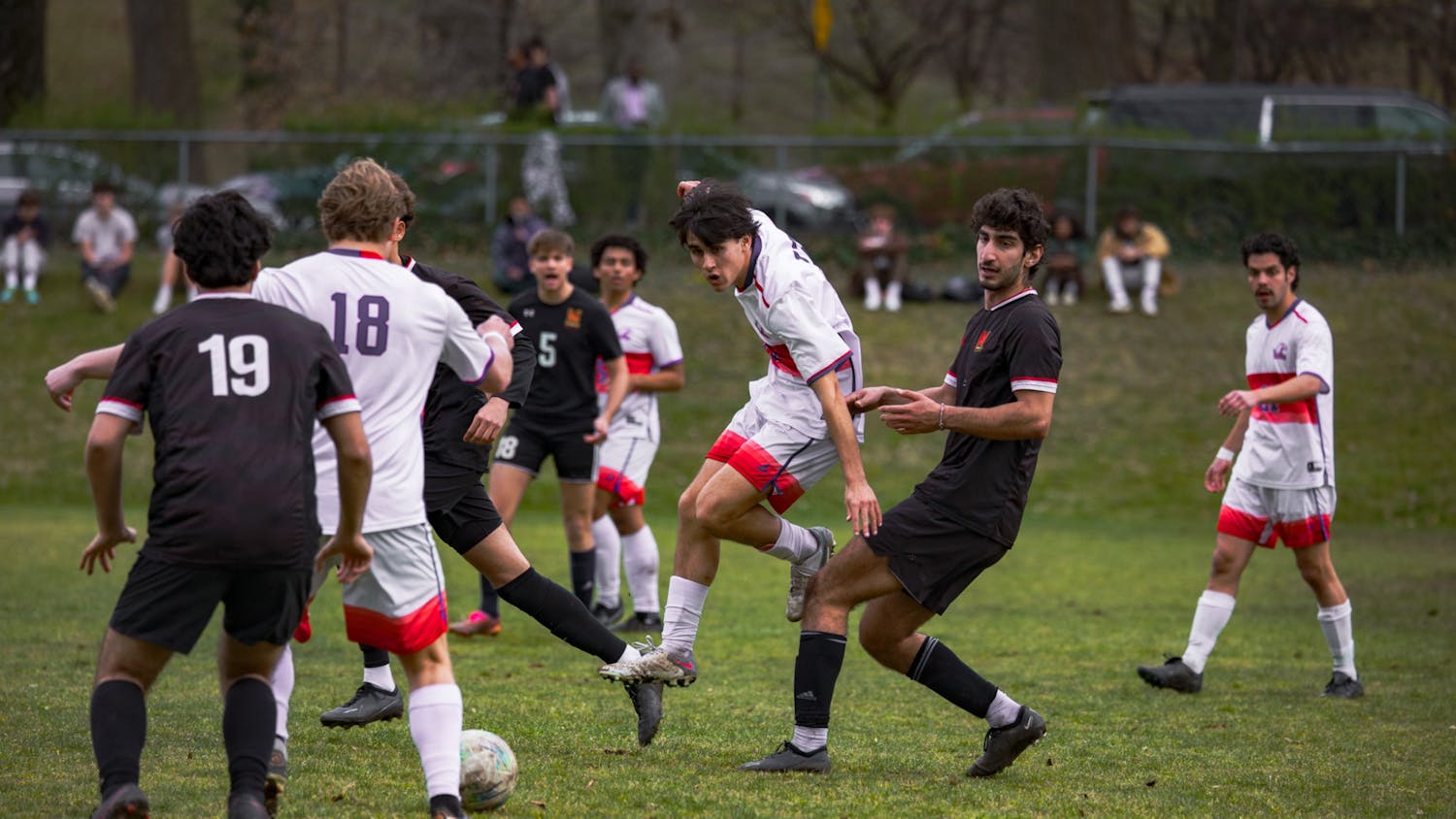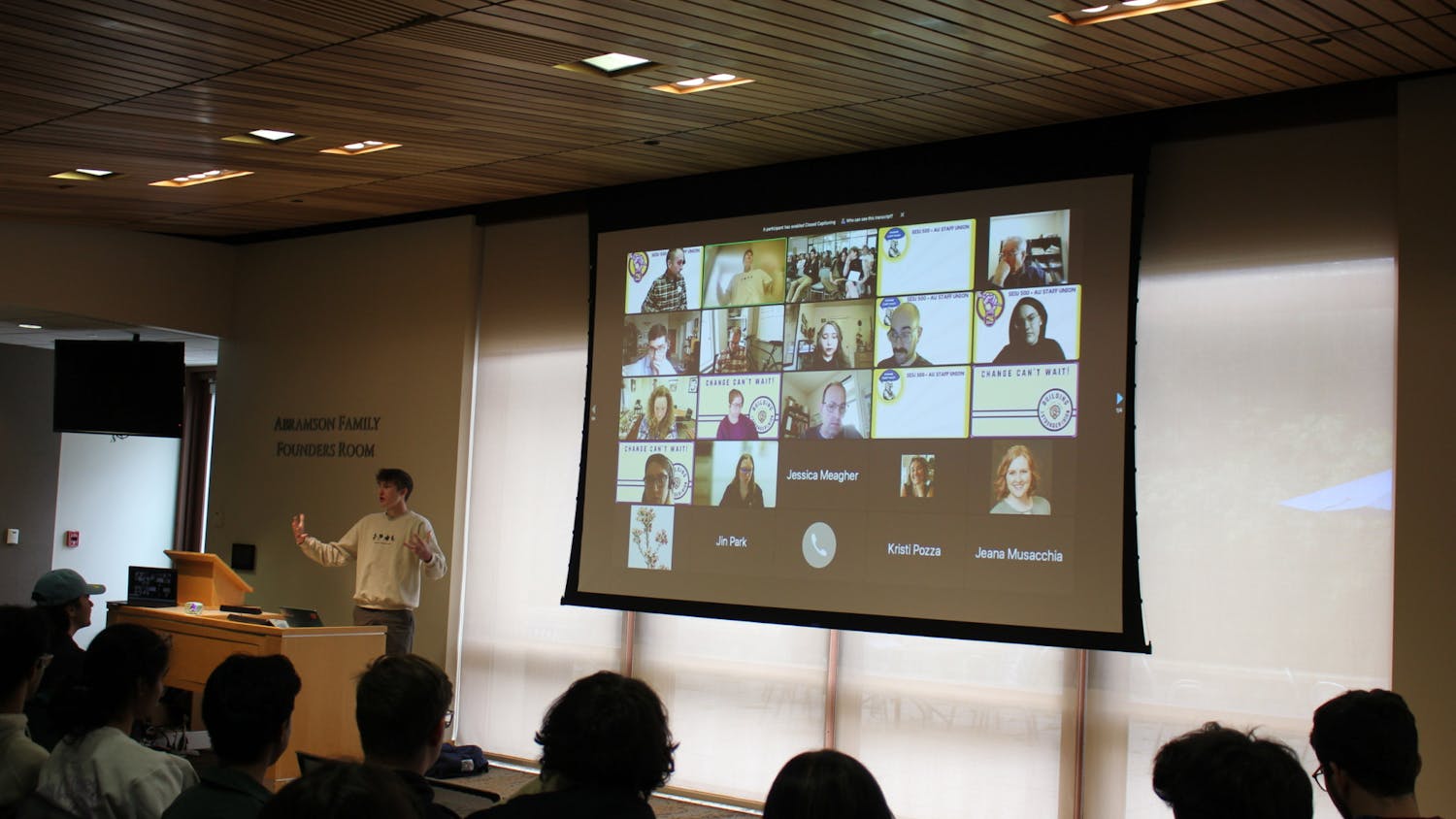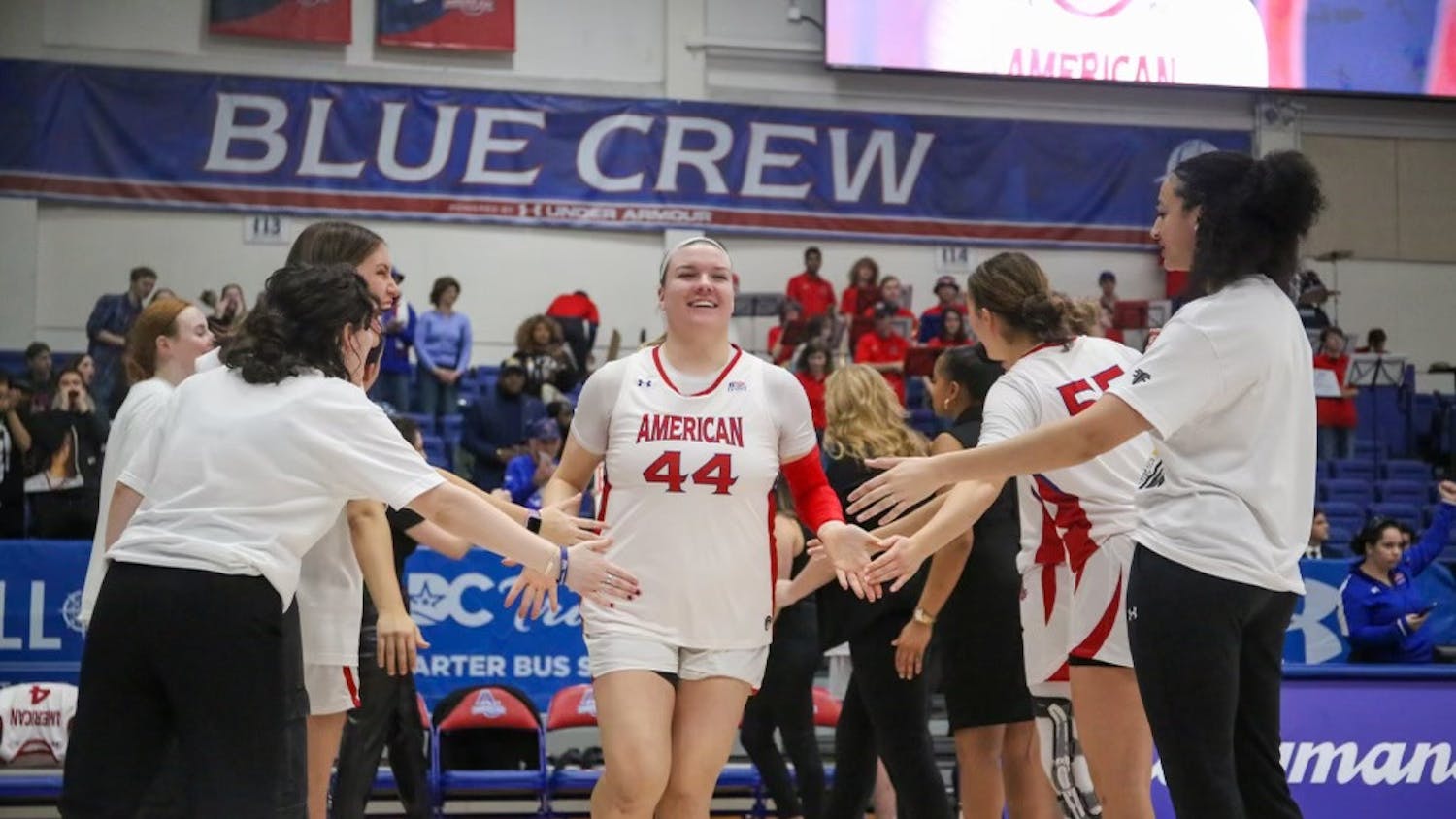Never in my life did I imagine my hometown would be dominating national headlines. But every time a Mizzou-related story pops up on my Facebook news feed, it’s excruciating for me to look at.
Episodes of intolerance, negligence, appalling threats and blatant racism at the University of Missouri have received ample media coverage over the last month and continue to appear in the news today. Chancellor R. Bowen Loftin and President Timothy Wolfe recently resigned from their positions in response to protests from organizations such as Concerned Student 1950 and the Mizzou football team.
Since then, tensions within the student body have only escalated. From journalists to professors to local Columbia residents, people on campus and around the country have expressed emotional responses to the unease at Mizzou.
And now, my once anonymous home bears a permanent stain.
I’ve called Columbia my home for 17 years. While I’m half-Indian, I appear predominantly white, so I didn’t experience direct racial discrimination growing up. Though I never denied the existence of racism, I didn’t recognize its prevalence. But in light of recent events, I’ve begun to re-evaluate my childhood in Columbia. In retrospect, I remember the majority of my elementary school peers and teachers being white. Though students had varying socio-economic backgrounds, I rarely saw a peer of racial minority. Thus they were easier to single out and easier to categorize.
As I progressed into middle school and junior high, I became exposed to more and more different types of people. I also witnessed an increasing rift within the student body. The wealthier, more privileged students from the south side of town tended to band together, while students of different races and socio-economic backgrounds banded together in their own groups. Students in the former category tended to be the ones elected as student body officials, club presidents, and other things of that nature.
This isn’t to say my peers and I were never taught to appreciate diversity. In fact, I remember our school celebrating Martin Luther King Jr. Day and learning about the importance of the civil rights movement extensively. I also distinctly remember how much my elementary school peers and I loved learning about different cultures, how fascinated and excited we were when a guest speaker from a different country would visit, or when we’d learn about music from different cultures. We valued diversity. The only thing was, we hardly experienced it.
I left for Asheville School in North Carolina during my sophomore year of high school. Talk about a paradigm shift. Though I only spent three years of my life at boarding school, I would argue that the experience fully shaped my identity, provided a great education and helped me grow into an adult.
Boarding school also completely redefined my idea of diversity. I befriended and lived among peers from a vast array of cultures, and the experience was fantastic. To this day, I consider the inherent diversity of the student body to be one of the most important attributes of the school. In Asheville, I began learning about views outside of the conservative ideals that surrounded me in Columbia.
Though I’ve been exposed to worlds far beyond Columbia, Missouri, I still feel a deep connection to my hometown. Now I can recognize where it is lacking and I can clearly see the harsh reality of the situation the city is facing now. But what I find equally heartbreaking to the conflict on campus right now, is that the collection of events at the University has come to nationally define my home. To some, the anger-ridden extremists, bigots and negligent authorities now emblemize Columbia.
But that’s not who we all are. In actuality, the vast majority of Columbia natives do not condone the intolerance whatsoever. And amid the dark reality, there seems to be a surge of optimism rising from the natives and from people nationwide. People on social media, college campuses and elsewhere are declaring their support. There is a newfound sense of unity.
How can we work to unify Columbia, and the rest of the the country, for that matter, even further? My contention is simple: we need more. More demystification of, and exposure to different cultures from a young age. More emphasis on communal bonding in schools.
“Racism is not Columbia. Lack of tolerance is not Columbia. The football players standing firm in their cause are Columbia. Tolerance and love are Columbia,” former Columbia resident Mamie Davis said in her article “A Tolerant Majority: Thoughts from a Mizzou Native.”
I have complete faith in and love for my hometown. It’s the place that marks the beginning of my journey in self-identification, as is the case for countless others. That being said, we should strive to make this foundation as strong as possible, as early as possible, so that we can pull ourselves out of this downfall.
---
Simran Bal is a freshman in the School of Communications.




